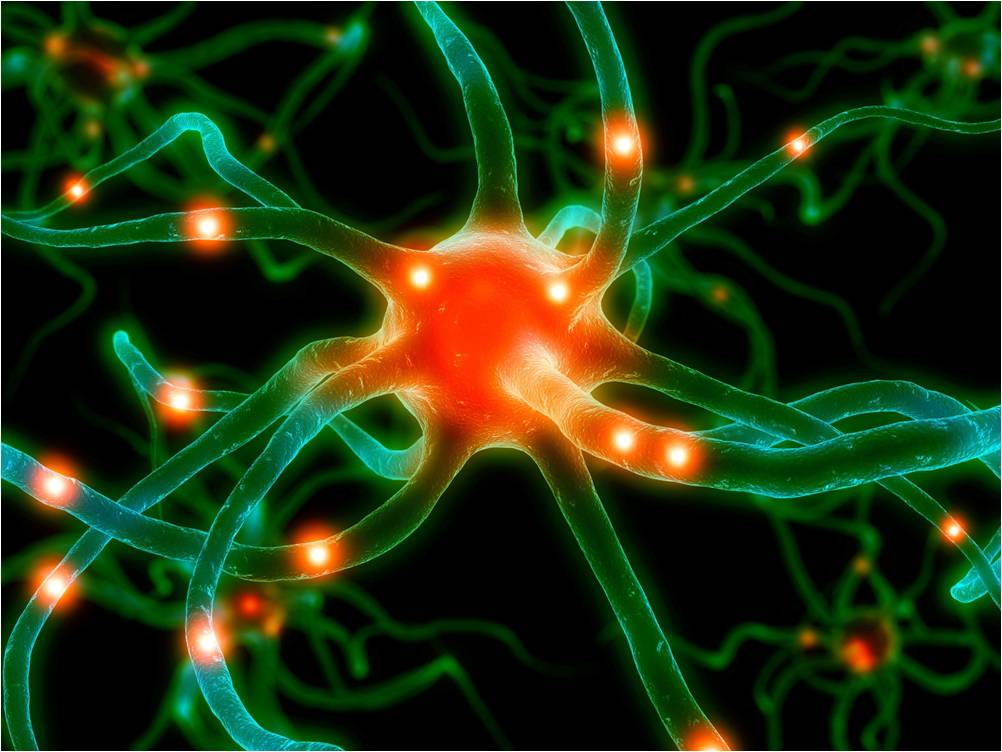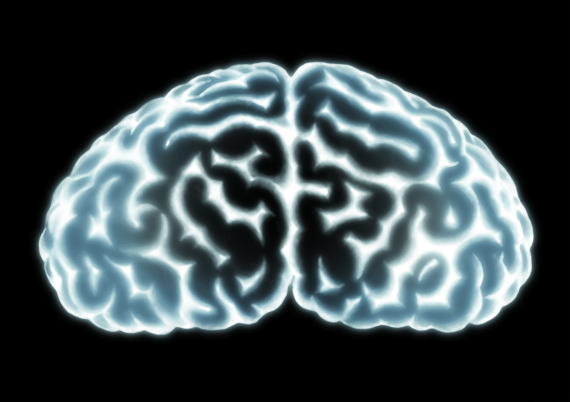Ever hear someone say, “I can’t do yoga because I’m not flexible enough”? They have it backwards because the fact that they’re not already flexible means practicing yoga can improve their flexibility.
It’s the same way with our brains. Ever hear people say, especially as they get older, “I can’t do that because I’m too old to learn”? Not knowing something already simply means the brain has not been stretched to know those facts, but stretching the brain will cause the brain to become familiar with something new.
That’s called building neural pathways, and it’s the process by which the brain grows new brain cells. It used to be believed that the brain doesn’t grow new cells after childhood, but that has since been proven false as individuals who have suffered brain trauma have been rehabilitated – which means new brain cells have been grown. The term used to describe this ability is “neuroplasticity” – “neuro” for nerves, “plastic” for molding.
But it is true that as brains get older, that process of building pathways requires more intention and effort. That’s why it feels like learning new things at an older age seems harder than at a younger age. That doesn’t mean all is lost, in fact, all the more reason to build new pathways because not doing so will really mean losing the ability to grow new brain cells. That’s why staving off dementia (the deterioration of the brain) truly does rely on taking full advantage of neuroplasticity.




